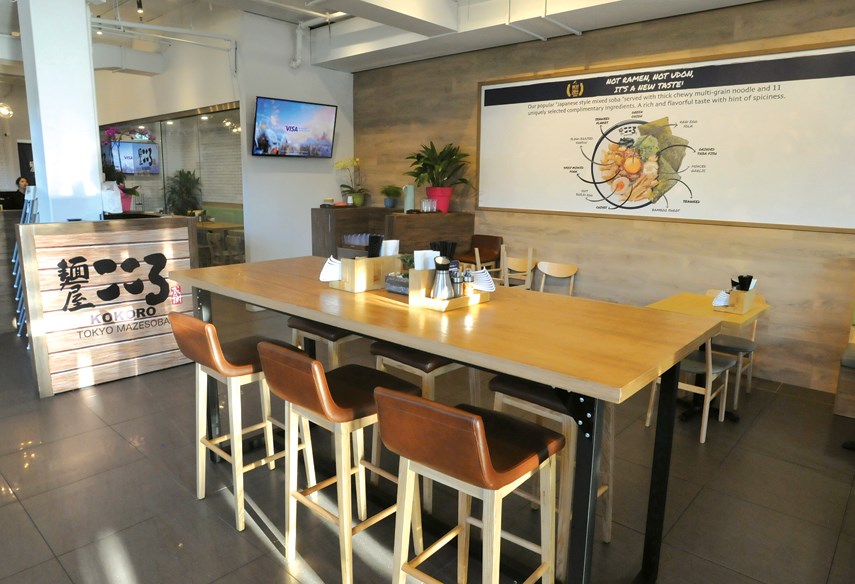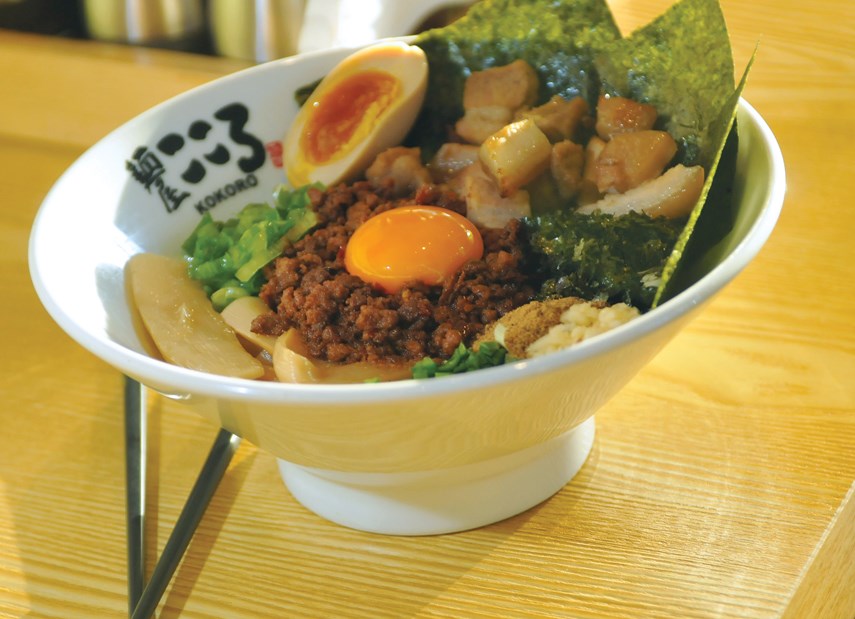I studied a year’s worth of Japanese language in school. I love the sound of that language; its unique phrasing and compound alphabet results in a mesmerizingly lyrical system of communication for the master of it. I remember virtually nothing of what I learned in those courses today, save a few rote sentences that I can string together with decent enough pronunciation to bemuse native speakers.
One of the phrases I still remember that rolls off my tongue with little hesitation is “Kokoro to iu hon o yonde imasu ka,” which means “have you read a book called Kokoro?” While not exceptionally practical for navigating real world situations, the sentence is designed to teach Japanese language learners how to speak about nouns with proper names (i.e. about a specific thing called X), but additionally, it references a famous work of Japanese literature written by Natsume Soseki in the early 20th century. The title of the book, though literally meaning heart, can be better translated to “the heart of things” in the context of the story.
I wondered at this name selection for the newly opened Kokoro Mazesoba restaurant in Lower Lonsdale, an airy, bright, welcoming venue in the space formerly occupied by the short lived, rather pricey Captain’s Boil. Kokoro (the restaurant, not the book) has two locations in the Lower Mainland and multiple internationally, and began life in 2013 in Tokyo. Mazesoba, the shop’s specialty, has been around a while longer (at least since the mid-1990s), though there is some debate about its precise origins.
In essence, mazesoba is brothless ramen. Indeed, the dish shares many of the constituent parts of Taiwan Ramen (a dish actually hailing from Nagoya, Japan, and not Taiwan) including noodles, fatty, slow-braised pork, spicy ground pork or ground mackerel, egg yolk, soft boiled egg, scallions, garlic, nori, and various garnishes.
Kokoro, which is the largest chain of mazesoba specialty outlets in the world, offers the dish in a variety of iterations ranging from creamy to super spicy, and from curried to cheesy to vegan, with many other variations in between.
The Lower Lonsdale Kokoro has been hopping since it opened a few months ago, its offerings clearly resonating with locals, perhaps most as an alternative to the sudden ubiquity of traditional ramen now available on the North Shore, where the category had been sorely underserviced until recently. I should point out, however, that while Kokoro specializes in mazesoba, it does offer traditional ramen as well and I did observe a number of patrons on my recent lunchtime visit, tucking into hefty looking bowls of steaming tonkotsu. In addition, Kokoro serves donburi (seasoned rice bowls topped with a variety of proteins and garnishes), as well as a handful of appetizers.

Save for its partially subterranean layout, I found Kokoro to be virtually unrecognizable from the room’s days under Captain’s Boil. There is a bar at the far end of the room now, where a few seats are available for frequent solo diners like me, and a glass-ensconced seating area with several tables that presumably can serve as a private party space (or, more properly, designated party space as the fishbowl glass wall hardly offers privacy). There is a communal table down the middle of the room and a few televisions that are discreetly placed. Overall, the place feels warmer, better suited to conversation, and somehow more in line with the contemporary minimalism of the Lower Lonsdale dining scene.
I opted for a duo of spicy chicken karaage bao to start things off. The excellent snack featured puffy steamed bao (round, bun-like wraps) filled with micro greens and deep-fried morsels of chicken topped with a fiery, orange, mayo-based hot sauce. Other appetizers on the menu include Tako Wasabi (marinated octopus and wasabi stem served with seaweed), Ebi Mayo (shrimp tempura with honey mayonnaise), Pork Gyoza, and Agedashi Tofu, or deep fried tofu in soy sauce with katsuobushi (smoked skipjack tuna flakes).
From the lengthy mazesoba menu I opted for the spicy version, featuring a base of thick, multi-grain homemade noodles topped with a cacophony of bold flavours hailing from chashu (slow braised pork), spicy marinated pork, Kokoro’s own spicy sauce, ground mackerel, scallions, red pepper flakes, half a soft boiled egg, minced pork, flakes of seaweed, and toasted sesame.
This is a dish that you are going to taste for several hours after finishing it. It is an assault of flavours, an amalgam of ingredients which, each on their own, would already deliver an ample punch but that together, overwhelm the senses and announce their presence with the subtlety of a leaf blower at 5 a.m.
Mazesoba dishes are served with a little instruction card describing the best approach to eating the dish. Among the instructions is this advice: Try adding vinegar when feeling greasy and salty. You see, those attributes are celebrated in mazesoba, not swept under the carpet like unfortunate byproducts. And greasy and salty the dish was, but oddly not in an altogether offputting way. I did not make my way through the whole dish in one go, not because the amount of food was too much (though the portions are generous) but rather because it was all just a bit much on the palate. The oiliness of the pork, the brininess of the seaweed and mackerel, the spiciness of the chillies and the sauce – it all intermingles simultaneously.
My favourite part of the meal was actually the little ramekin of rice that one can add to the residual elements at the bottom of the bowl once the noodles are finished. This addition is nothing short of genius as the rice soaks up the oiliness, clings to the various little spicy elements that fell to the bottom (mainly ground pork, mackerel, scallion, and chilies), and generally tempers the boldness of the dish. I highly recommend making use of the rice when you try mazesoba. In the worst case, it will reinforce your love of ramen. In the best case, it will open a new avenue of Japanese cooking to you. I’m leaning towards the first case, personally.
My meal was $26 before gratuity.
Kokoro Tokyo Mazesoba is located at 100 East 1st Street in North Vancouver. 604-770-3386.



